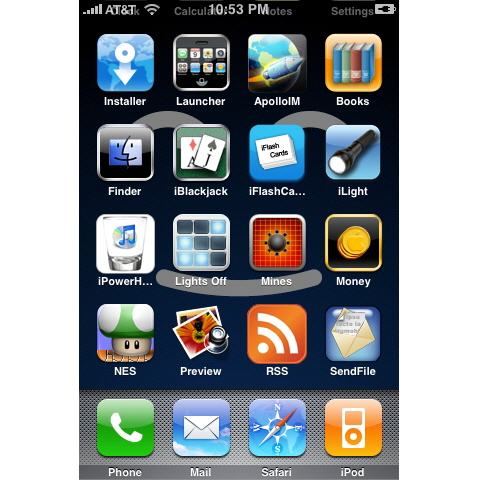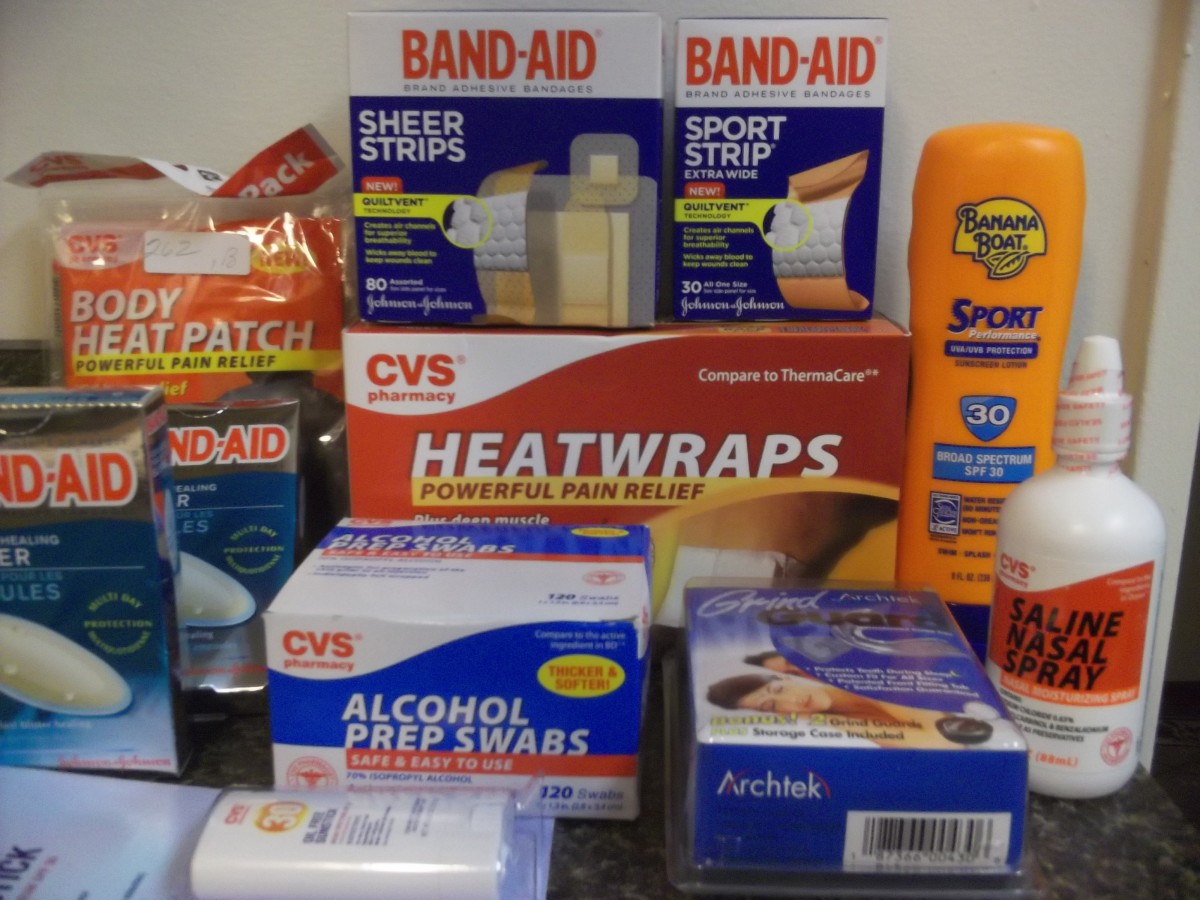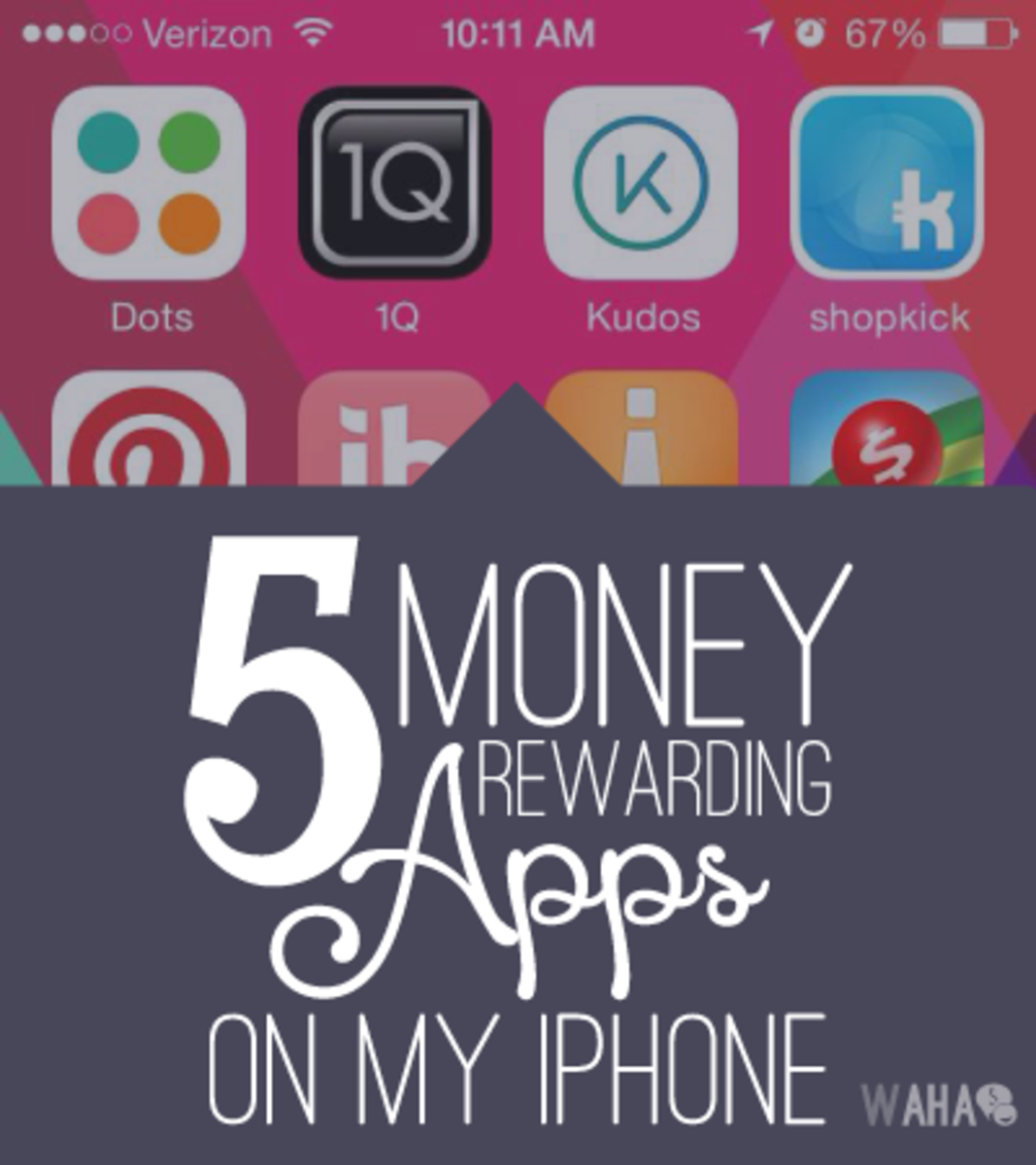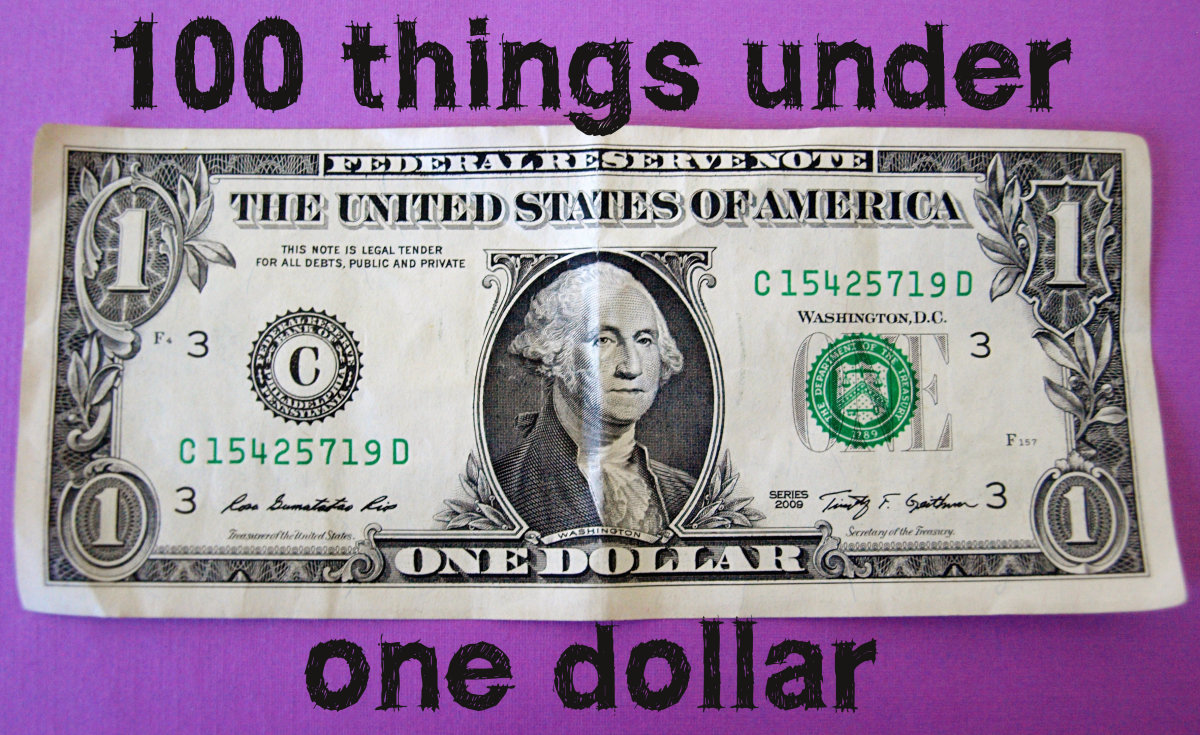10 Tips for Saving Money using Mobile Apps

Many of us now regularly purchase and use mobile phone apps. They provide us with entertainment. They help us to stay organized. They keep us in touch with others. In other words, these simple little cell phone tools can be surprisingly helpful. Unfortunately, it’s easy to spend more money on them then is wise. Even though many apps are inexpensive, the ease of downloading them can cause you to purchase more than you need and end up wasting a lot of money over time.
Use the following ten tips to save money using mobile apps:
1. Never buy an app if you can get it for free. There are loads and loads of free apps available through app download markets (like the iTunes store and the Android Market) as well as through third parties (such as businesses that create their own apps). If you see an app that costs money but looks useful, check first to see if there’s a similar app that is available for free. In some cases you’ll still decide that the paid app is worth the money but at least you thought through the process before making that decision.
2. Keep track of how much money you are spending on apps. One of the problems with mobile phone apps is that it’s so easy to download them. This is nice and convenient but it also makes it possible that you don’t realize just how many apps you’re downloading each month. Get in the habit of tracking your spending including what you spend on apps each month. Tracking your spending always keeps you more aware of where your money is going so that you can consciously spend less.
3. Don’t impulsively pay for apps that you won’t use. It can be really tempting to purchase apps just because everyone else is using them. It can be tempting to buy apps because the description is flashy. It can even be tempting to buy apps because you convince yourself that you’ll use them to be more productive. Before making that purchase, stop and ask yourself if you’re really going to use this new app on a regular basis. If you aren’t then you need to reign yourself in and not buy that app!
4. Budget for your app purchases. People who want to save money know that they need to create a budget and stick to it. Make sure that you include your mobile app purchases when you make this budget. Don’t ever spend more on mobile apps in a month than you have decided is suitable for your personal budget.
5. Find a really great budgeting app. You can use the right apps to help you save money. Budgeting apps, bar code scanner price comparison apps, coupon apps and money management apps are all smart investments. Of course, follow the rule that you should try free versions of these types of apps first. If you do decide that a paid app is the right way to go then make sure that you only pay for one of each of these money saving apps. Then make sure that you use them regularly to actually save money in your daily life.
6. Be smart about using mobile coupon apps. There are apps that are designed to help you save money but they can have the opposite effect if you aren’t careful. Mobile coupons and shopping tool apps are great examples of this. These apps should help you save money but they also advertise different products to you. This can result in impulsively purchasing those items when you wouldn’t have bought them otherwise. You’re wasting money that way – not saving money.
7. Confirm that the financial information you get from mobile apps is correct. Many people use mobile apps to get important financial information. They may use apps to do a price comparison between two stores. Or they may use stocks apps to figure out how to better invest their money. These apps can be smart money saving tools. However, the information that you get from your mobile apps isn’t always correct. You always want to double-check that information with other sources to make sure that you’re truly saving money.
8. Consider the source of the app. Before buying any app, ask yourself where it came from. First, take a look at who was advertising the app; in other words, where did you hear about it? Second, consider who the developer of the app is. There are many apps that are promoted by businesses. Although some of these are truly helpful, many of them are a form of advertising. Advertising always has the potential to convince you to make purchases that may not be in your best money-saving interests.
9. Turn apps off when they are not in use. If you fail to complete turn off your apps when you aren’t using them then they will run in the background on your mobile phone. What this does is it drains your battery. When you go to charge your battery up again you are using your home’s electricity, which costs you money. The less often you recharge, the less money you waste on powering your phone. Sure, it’s a small savings but even the smallest savings add up over time.
10. Minimize the amount of time that you spend using mobile apps. Time is money. If you are spending a lot of time each day fiddling around with your mobile phone apps then that’s time that you are not spending on money-making endeavors. Good mobile apps should help make your life more productive and more efficient – not less so!








